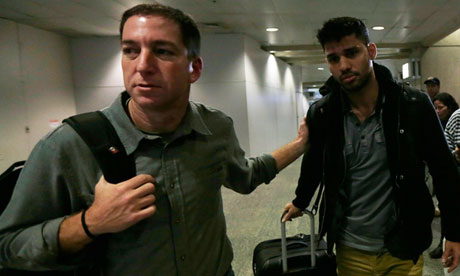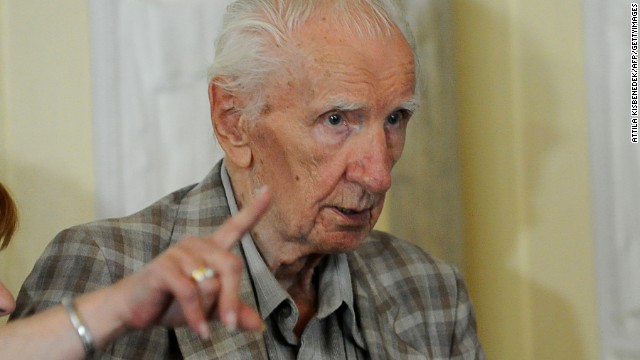By Ben Kopp
Impunity Watch Reporter, Europe
MOSCOW, Russia – Russian President Vladimir Putin decreed that all public demonstrations not related to the Olympic games will be banned around Sochi between January 7 and March 21, 2014. Human rights organizations have issued a statement that the International Olympic Committee’s (IOC) new president—to be elected in September 2013—must ensure that hosts comply with all human rights, as according to the Olympic Charter.

In June 2013, Russia passed an anti-homosexual law that banned anything accessible by minors that constitutes “gay propaganda”. In response, activists claimed that all public displays and information related to homosexuality have been made illegal. However, the IOC stated that it received “strong assurances” that the law would not affect competitors or spectators at the 2014 Olympic Games in Sochi.
Swedish high jumper Emma Green Tregaro and other competitors have planned to openly support the LGBT community at the Games.
In the U.S., some have noted that the Olympics seem to attract human rights violations, such as the detention and torture of anti-Olympic protesters in Beijing and the use of tear gas and rubber bullets on protesters in Rio. Following the 50th anniversary of Martin Luther King, Jr.’s “I Have a Dream” speech, supporters also note that the Olympics have been a perfect protesting stage. For instance, in 1968, King encouraged John Carlos and Tommie Smith to make their iconic black-gloved salute at the Summer Olympics.
Russian Deputy Prime Minister Dmitry Kozak stated in a letter to the IOC that Russia will fully comply with the Olympic Charter’s provision against all forms of discrimination.
Kozak added that the law “cannot be regarded as discrimination based on sexual orientation” because it applies to everyone equally.
On 23 August 2013, Putin announced that all “gatherings, rallies, demonstrations, marches, and pickets” that are not part of the Olympics or Paralympics are banned in Sochi for the two-and-a-half months surrounding the 2014 Winter Olympics. Additionally, vehicles entering Sochi must be cars with local license plates, emergency vehicles, or a vehicle accredited by the Olympic organizers.
On its Twitter page, the television channel Dozhd posted: “Putin’s decree has turned Sochi-2014 into Moscow-1980.” In 1980, Soviet authorities had restricted entry to Moscow during the Summer Olympics and forced dissidents and other “anti-social” people out of the city limits.
While Russian authorities have already repeatedly denied gay activists’ applications to set up a Pride House in Sochi during the Olympics, activist Nikolai Alexeyev denounced Putin’s decree and told the Associated Press that he would petition the Supreme Court next week. Alexeyev intends to argue that by creating the ban, Putin is “violating our right to freedom of assembly.”
In addition to gay pride protests, Human Rights Watch has protested against the harassment of journalists and activists investigating alleged illegal activity connected to the Games, including the ill-treatment of migrant workers, environmental damage, and inadequate compensation for those building the Olympic complex.
To punish the few, Putin attacked the whole. For the whole to find peace again, they must now welcome the few.
For further information, please see:
Euronews – Putin Bans All Public Gatherings during Sochi Winter Olympics – August 24, 2013
Deutsche Welle – Putin Bans Protests in Sochi during Russia’s Winter Olympics – August 23, 2013
Reuters – Olympics Hosts Must Have Clean Rights Record – Rights Group – August 23, 2013
Washington Post – At Sochi Olympics, the Podium Can Be a Platform – August 23, 2013
Washington Post – Russian President Putin Bans Any Rallies in Sochi before and during 2014 Olympic Games – August 23, 2013
Times – Russia Defends Anti-Gay Law in Letter to Olympic Committee – August 22, 2013



